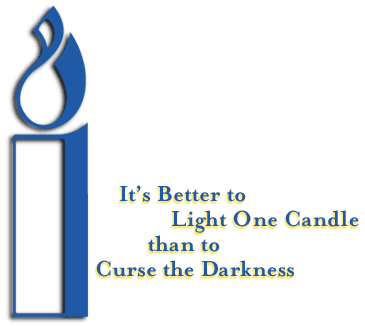Tony Rossi, Director of Communications
July 10, 2022
‘Everything That is Light is Jesus Christ’
Early in his medical career, Dr. Wes Ely worked as a phlebotomist at a nursing home where one of his
patients was an unresponsive elderly woman with dementia who never spoke or indicated she was
even aware of her surroundings. During his regular visits, he would simply put a tourniquet on her arm
and draw blood without acknowledging her in any way. One day, Dr. Ely noticed that the sun was
shining through this woman’s window, directly into her eyes, so he closed the curtain. He was shocked when she turned to him and said, “Doctor, everything that is light is Jesus Christ.”
That incident profoundly shaped the Catholic doctor’s career, reminding him that his patients are three-dimensional human beings whose emotional and spiritual needs are also a vital aspect of healing. Dr. Ely shares his views, as well as the life-saving work he has done improving practices in hospital intensive care units, in his Christopher Award-winning book “Every Deep-Drawn Breath.”
During a “Christopher Closeup” interview, Dr. Ely revealed that he has lived by the Christopher motto “It’s better to light one candle than to curse the darkness” since childhood when he saw The Christophers’ columns in his local Catholic newspaper. That motto was especially important to him as a boy because his father left their family to pursue a different life. That choice wounded the young Ely, who says he felt “defective” after the abandonment. His mother, however, countered this idea with one of her own. She wrote on a bookmark, “Wes, Jesus loves you. May you know this and love and serve Him all the days of your life.” Dr. Ely’s mother put those words on paper, but eventually they came to be written on his heart.
Another impactful experience for Dr. Ely was his work as a farmhand during his high school years. He got to know migrant workers who couldn’t afford healthcare for the simplest problems, so he pursued medicine as his career. Despite his noble intentions, Dr. Ely admits that he often lost sight of his patients’ humanity during the early parts of his career, especially when he became a critical care doctor in the Intensive Care Unit (ICU).
For instance, it was common practice for many years to intubate ICU patients and put them under deep sedation for days or even weeks at a time, believing this would help them recover. In the early 90s, Dr. Ely noticed that while his patients who underwent this treatment were often cured of their original problems, they wound up developing new ones. He said, “In five to 10 days, they acquire a problem called Post Intensive Care Syndrome – or PICS, which was only defined in 2012. It’s basically acquired dementia, acquired PTSD and depression, and then neck down, a problem of muscle and nerve disease.”
Dr. Ely then embarked on a mission to find a better way, which resulted in the A2F bundle safety checklist. He explained, “We’re going to try and get you out of the bed [and] walk you, even on the ventilator. We’re going to try and give you just enough sedation and pain meds so that you’re not suffering…Meanwhile, your brain is being engaged, and so are your legs, arms and chest wall so that you’re not losing all this muscle and the neurons aren’t dying.”
While this has improved patients’ physically, Dr. Ely also makes sure to tend to their spirits. That part of the story in my next column.

